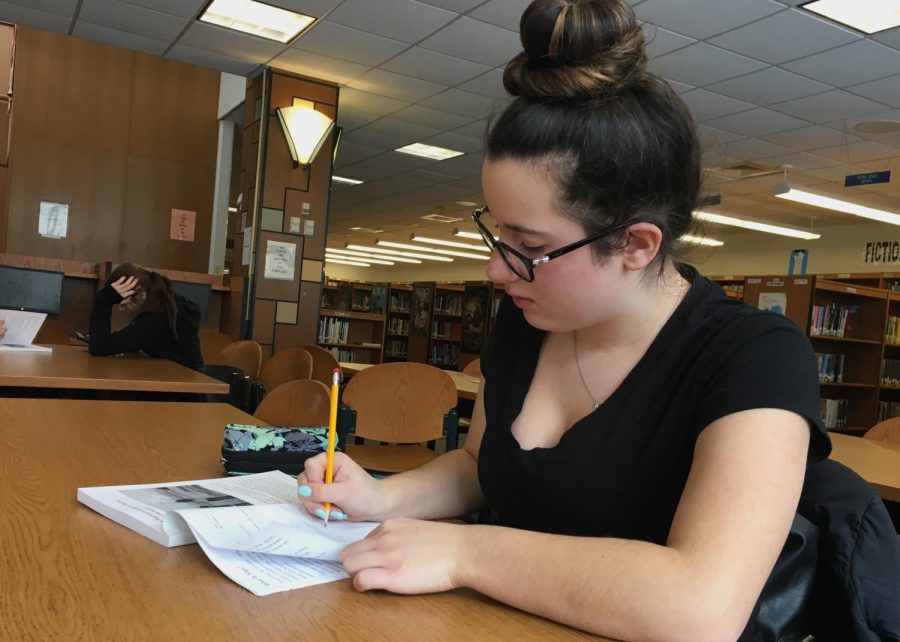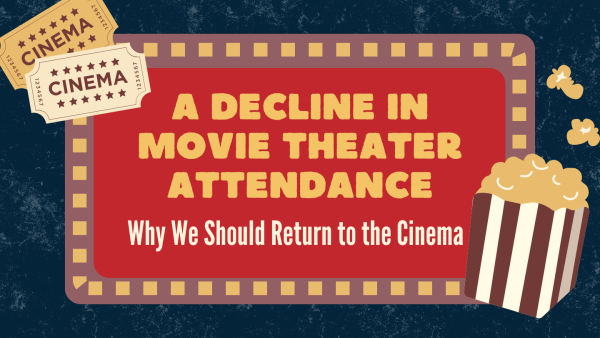Mind the Gap
Is taking a gap year a good idea?
Photo by Mckenzie Smith
Do the benefits of a gap year outweigh the negatives of stepping away from the rigors of academics for a year?
When life seems to pass us by, each day feeling as monotonous as the one before, it’s easy to find ourselves day dreaming of what it’d be like to not be surrounded by piles of homework. Even as high school crawls to a close for seniors, those who plan on pursuing higher education know that while college may offer new life experiences, papers and projects await them also. After thirteen years of their lives have been academically driven, the thought of even more schooling can be less than appealing to some. Wouldn’t it be great to discover a different side of life – one beyond the limitations of campuses and textbooks?
Spending a whole year traveling may sound like a dream to some; however, it can become a reality to others shall they decide to take a gap year. A gap year is a short period of time, in between high school and college, taken by students who want a break from academics. During this period, students spend their time traveling around the world to experience new cultures, gaining work experience, saving up money for college, volunteering, or just simply recharging their mental batteries after many consecutive years of schooling. Taking time away from traditional schooling gives students a chance to discover themselves as individuals, develop independence, and mature. A gap year allows one to explore potential careers and discover his passions. According to American Gap Association statistics, 85 percent of people who have taken a gap year say that it increased their college readiness while others say it increased their maturity and helped them gain skills to become successful in their future career.
When considering taking a gap year, one must weigh the pros and cons of putting the brakes on post high-school academics:
Benefits of a Gap Year
Although a gap year can be seen as a student’s means of avoiding the stress and rigor rendered by university, it may ultimately benefit the student if he approaches it correctly. First, a gap year enables one to recharge his mental battery after a stressful high-school career. Although one is taking a break academically, it does not mean that he is bound to laziness. This is so as the gap year allows one time to travel to new places and experience new cultures. As a result, he may discover interests that he wishes to pursue in college; A realization that came too far after high-school graduation. Another option for students taking a gap year is good, old fashion work. Not only does work allow for one to make extra money, it enables one’s mental growth. After all, the workplace not only promotes a professional attitude, but also reinforces cooperation, increasing one’s susceptibility to maturation. Despite personal opportunity, the gap year offers students a chance to volunteer their time to others as well. This allows for students to gain exposure to the struggles of others, increasing the likelihood of a renewed desire to take advantage of educational opportunities that they know others may not have. Overall, while the gap year may seem like an excuse to avoid education, it offers many outlets to overall mental growth.
The Dangers of a Gap Year
The idea of attending university right out the gates of high school is so heavily emphasized by many as it prevent the loss of academic momentum. Perhaps a student’s taking of a gap year may lead to him never wanting to go back to the structure that school entails. This is especially dangerous if one does not have a precise plan as to what he intends to accomplish during his time away from the classroom. It is very important to remember that college prepares one for a long term career. It is often times that, in order to secure a long term career, knowledge acquired in college with a degree to prove said knowledge is the only means of doing so. Thus, it is necessary that one evaluate his reasons for considering a gap year, making sure that he is planning on going to university once that year comes to an end.
Things To Consider
Now before creating a PowerPoint presentation to convince your parents to rethink the whole college plan, there are important factors to consider. A successful gap year must be characterized by a clear, realistic plan and purpose. While spontaneity is exciting, foregoing a well thought out plan could lead to a loss of direction and, eventually, a loss of future opportunities. In other words, taking a gap year isn’t necessarily a break from academics – it’s often a preparation for the years of academia to come.
A gap year is an amazing chance to discover things about yourself and the world that you may have never thought of before. As this alternate route to personal as well as future academic growth continues to increase in popularity, students may no longer need to wonder about the unknowns that wait for them in the world – it’ll be right within their reach.

Grade 12
"I took a deep breath and listened to the old brag of my heart: I am, I am, I am."
- Sylvia Plath, The Bell Jar

Isabella is a senior at Patchogue-Medford High School and fourth year journalism student . She is the Editor in Chief and helped get the newspaper off...

Grade 12
"I took a deep breath and listened to the old brag of my heart: I am, I am, I am."
- Sylvia Plath, The Bell Jar







